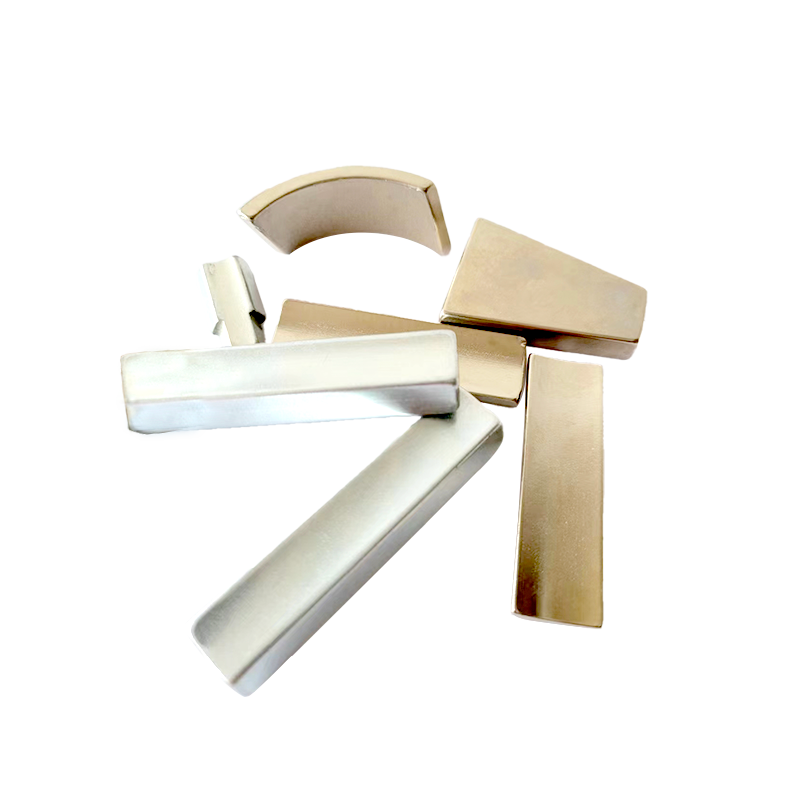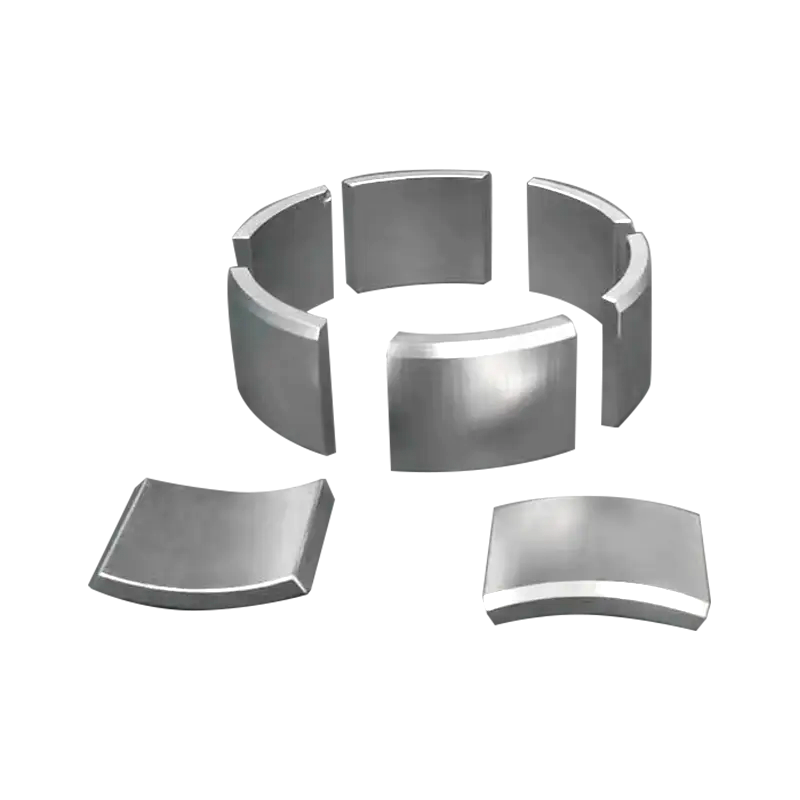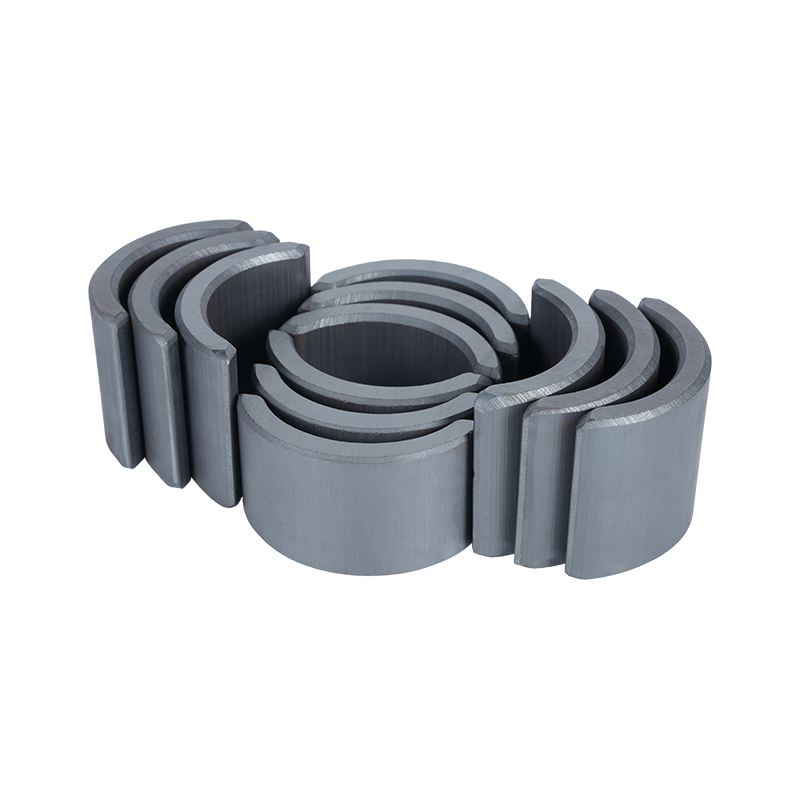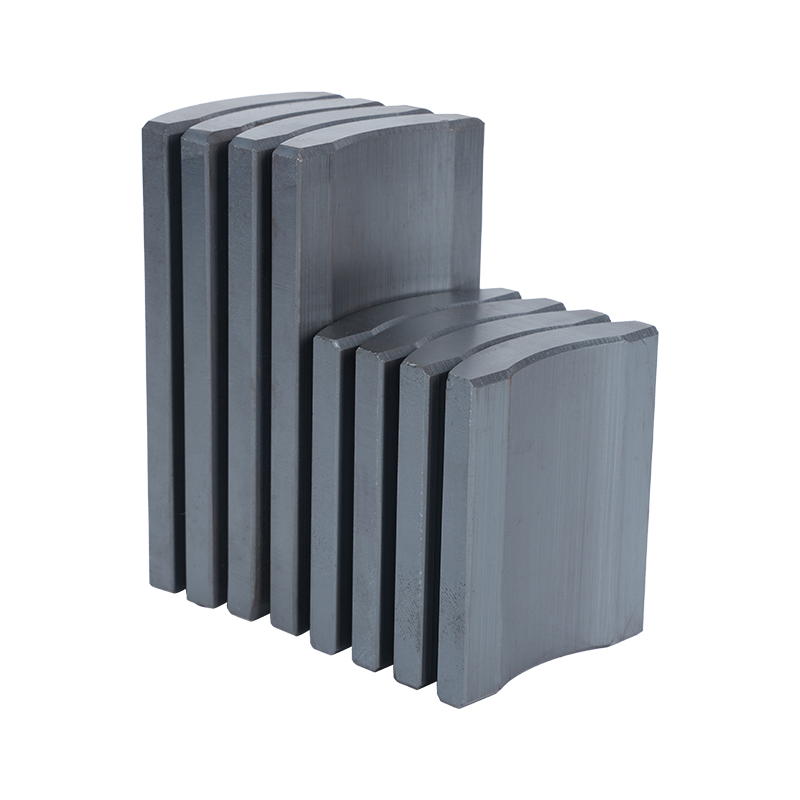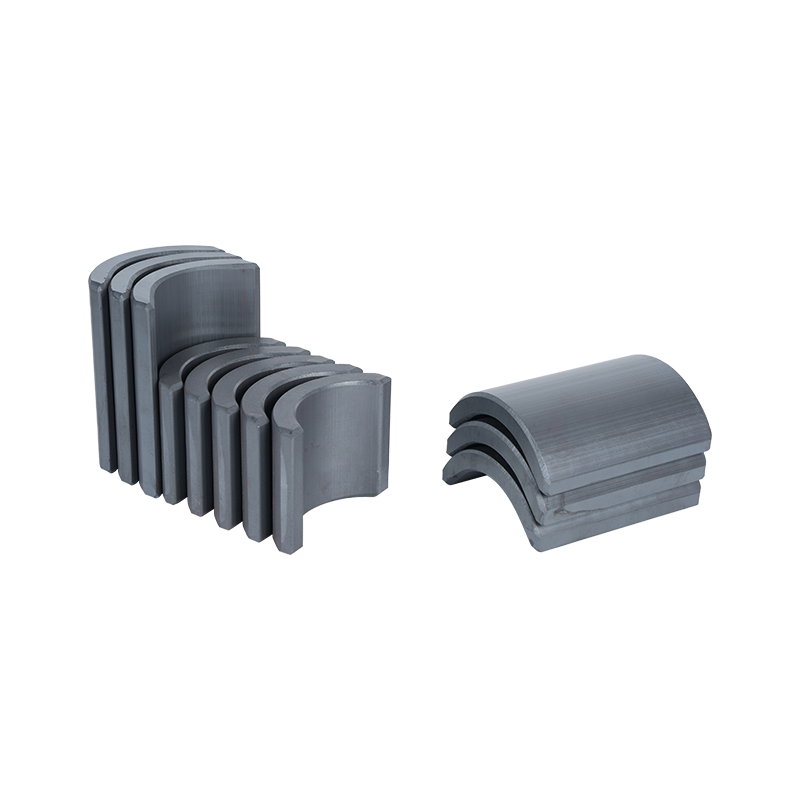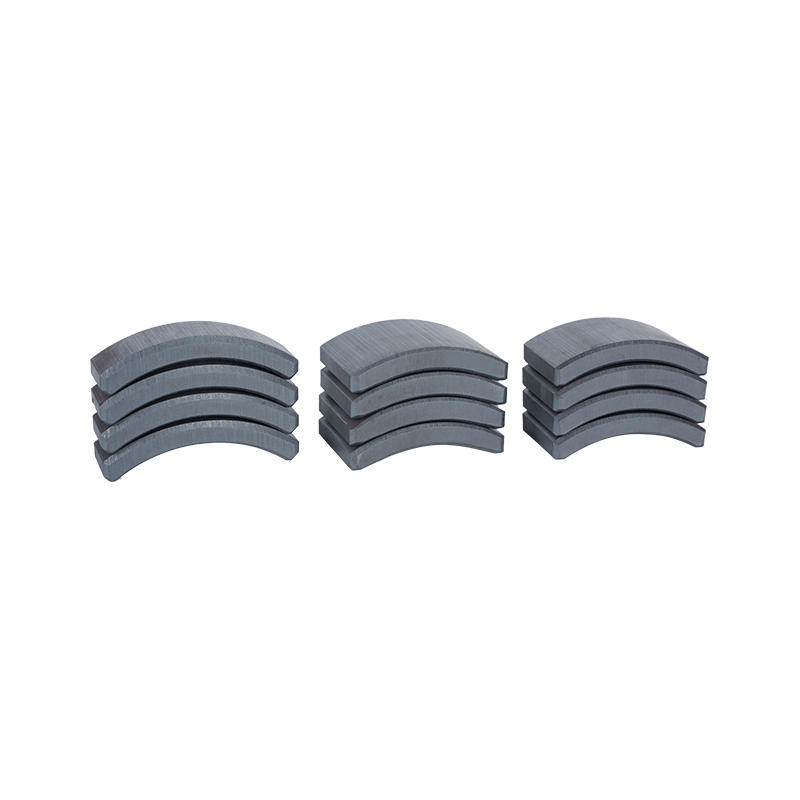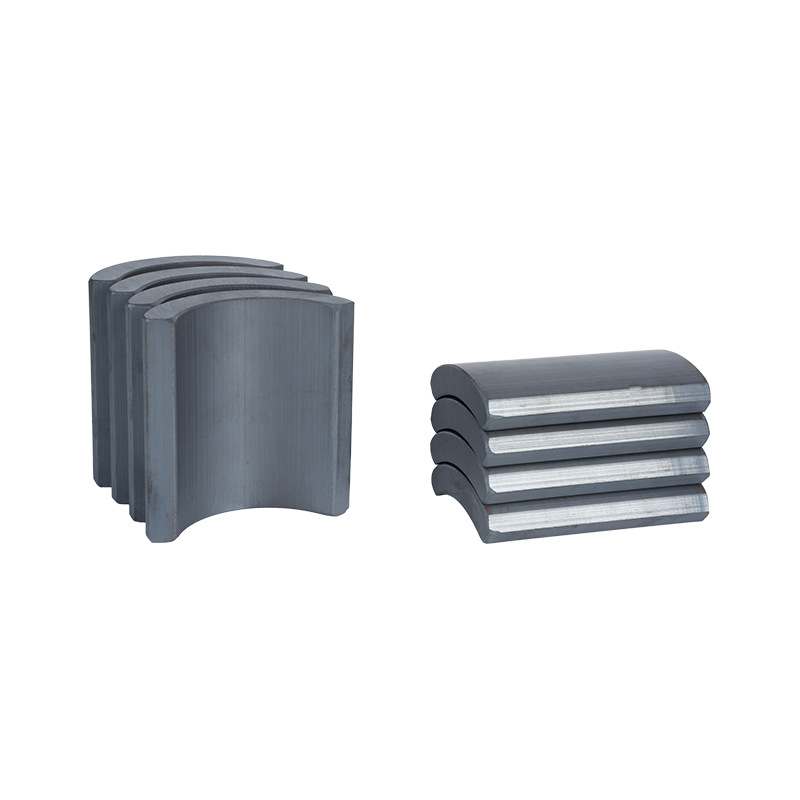Dong Yang TianQi Magnetic Segment Co.,Ltd.(formerly Shuangyang Magnet Tile) is a professional enterprise specializing in the production of motor magnet tiles
Search by posts
Categories
Popular products
Contact Us
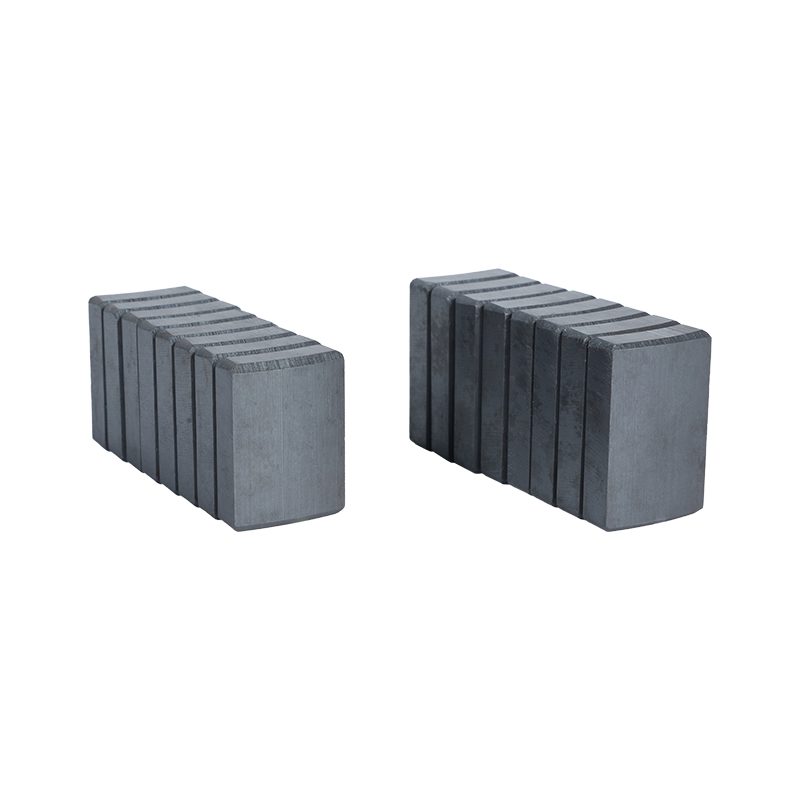
Industry News
 By Admin
By Admin
How Magnetic Ferrite Enhances Energy Efficiency in Modern Devices
With an increased emphasis on sustainability and energy conservation, modern devices are increasingly relying on magnetic ferrite to deliver performance without compromising on efficiency. Magnetic ferrite, a widely used material in electric motors, transformers, and various other electronic components, plays a significant role in reducing energy consumption while enhancing device performance. This article explores how magnetic ferrite contributes to energy efficiency, focusing on its applications in various industries and how it meets the growing demand for sustainable solutions.
Magnetic Ferrite and Its Benefits
Magnetic ferrite is a ceramic compound composed primarily of iron oxide mixed with additional metallic elements like nickel, zinc, or manganese. Its primary advantage lies in its magnetic properties, which are ideal for enhancing the efficiency of electric devices. Compared to other materials, magnetic ferrite is cost-effective, durable, and energy-efficient.
The material's intrinsic magnetic properties allow it to minimize energy losses associated with heat, making it suitable for components that must maintain performance at low power. These properties make it a popular choice for a range of industries seeking to improve device efficiency and sustainability.
Application in Electric Motors
One of the primary applications of magnetic ferrite is in electric motors, where it plays a crucial role in driving efficiency. In an electric motor, magnetic ferrite works by generating a magnetic field that interacts with the electric current, producing torque to drive the motor. Unlike other magnetic materials that generate significant heat and power losses, magnetic ferrite minimizes these losses, enabling the motor to convert more electrical energy into mechanical output.
As industries and consumers increasingly adopt electric vehicles, magnetic ferrite is becoming an essential component in motors for cars and other electric machinery. With electric vehicles (EVs) aiming to maximize the range per charge, the efficiency gains provided by magnetic ferrite allow for greater mileage and less frequent charging, making EVs a more practical choice for consumers concerned with energy conservation.
Role in Transformers and Power Supplies
Magnetic ferrite is also widely used in transformers, which are critical components in power supplies for various electronic devices. Transformers rely on magnetic fields to transfer energy between circuits, and magnetic ferrite is ideal for this purpose due to its permeability and low magnetic losses.
In power supplies, transformers with magnetic ferrite cores are often smaller and more efficient, reducing the need for large, energy-intensive components. This translates into cost savings and less heat generation, making electronic devices safer and more reliable. With the push towards smaller, portable devices, magnetic ferrite helps manufacturers meet the demand for compact and efficient solutions without sacrificing power or reliability.
Enhanced Performance in Renewable Energy Systems
As renewable energy technologies grow in importance, magnetic ferrite is increasingly employed in equipment like wind turbines and solar inverters. Wind turbines use electric generators with magnetic ferrite to convert mechanical wind energy into electrical power efficiently. The material's ability to maintain magnetic properties across a range of temperatures makes it ideal for wind farms in various climates, ensuring a stable power supply.
Similarly, solar inverters use magnetic ferrite to regulate and convert energy, efficiently managing the flow of solar power from panels to storage units or the grid. In this context, magnetic ferrite helps minimize energy loss and maximize the amount of power transferred, supporting a more consistent and eco-friendly energy supply.
Durability and Temperature Stability
A key benefit of magnetic ferrite is its durability and stability under varying temperatures. Many magnetic materials lose efficiency as they heat up, but magnetic ferrite maintains its properties, making it ideal for high-performance applications. In environments where devices operate continuously or under high loads, such as industrial settings, this stability is crucial.
For instance, electric motors and generators operating in factories benefit from magnetic ferrite's resilience, which reduces wear and tear on the components and extends their lifespan. By lowering maintenance needs and ensuring steady performance, magnetic ferrite contributes to long-term energy efficiency and cost savings.
Environmental Benefits and Sustainability
Magnetic ferrite's environmental advantages cannot be overlooked. It is a more sustainable alternative to earth magnets, which are often mined under conditions that are environmentally damaging. Furthermore, magnetic ferrite can be manufactured with a lower carbon footprint, reducing the overall environmental impact associated with electronic device production.
As a recyclable material, magnetic ferrite aligns well with the circular economy model, allowing manufacturers to reuse and recycle materials instead of continuously extracting new resources. This adds to its appeal as industries look for ways to comply with stricter environmental standards and reduce waste.
The Future of Magnetic Ferrite in Energy-Efficient Devices
The future of magnetic ferrite in energy-efficient devices looks promising as more industries recognize its benefits in reducing power consumption and enhancing durability. The automotive industry is expected to continue adopting magnetic ferrite in electric and hybrid vehicles, helping manufacturers meet sustainability goals while delivering better performance to consumers. In industrial applications, magnetic ferrite is likely to become a preferred material for devices and machinery that require long-lasting and efficient operation.
Magnetic ferrite's unique properties make it a valuable material for industries focused on energy efficiency and sustainability. From electric motors to renewable energy systems, magnetic ferrite plays a critical role in helping devices deliver performance while conserving power. As the world shifts toward a more sustainable future, magnetic ferrite offers a viable solution for manufacturers aiming to produce high-performing, eco-friendly products.


